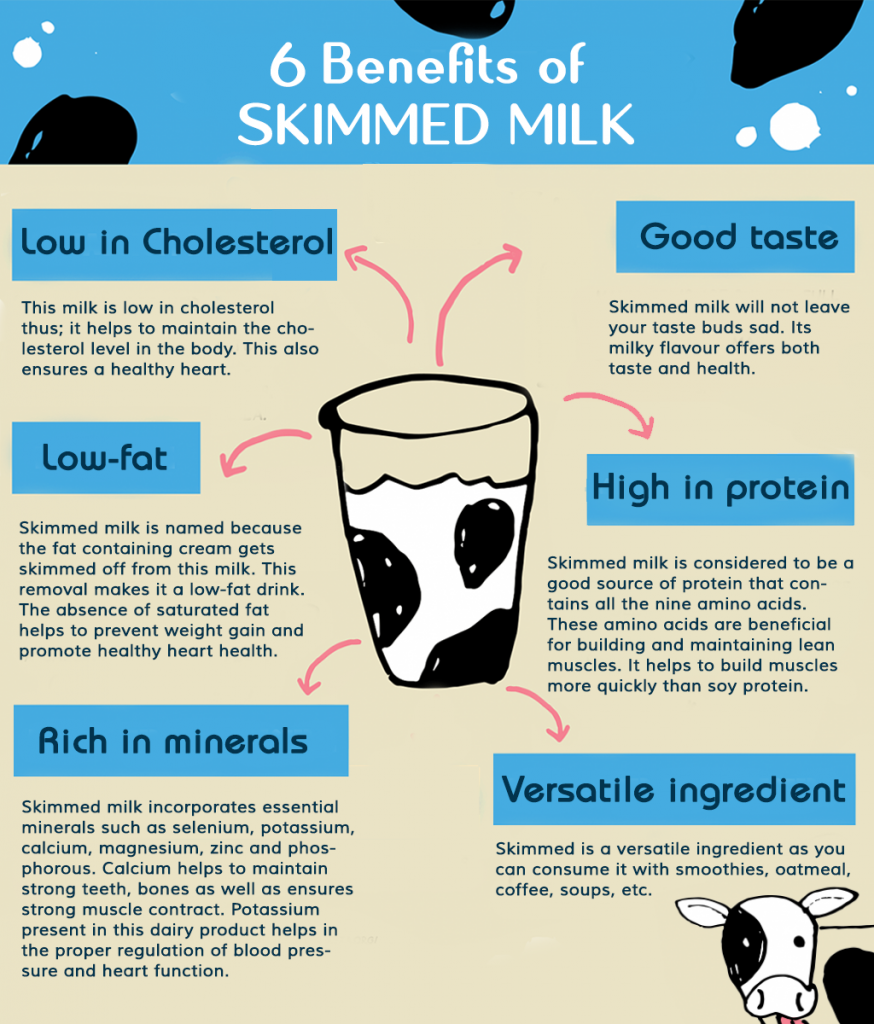


#Almond milk vs skim milk nutritional facts skin
According to an article recently published in the Journal of Agricultural and Food Chemistry, avenanthramides may help to reduce inflammation, ease skin irritation, fight free radicals and prevent the formation and spread of several types of cancer. Beta-glucans is a fraction of dietary fiber that has been shown to improve multiple cardiovascular, gastrointestinal and metabolic health indicators, as described in a review published in Nutrition Reviews.Īvenanthramides, a type of phytonutrients specific to oats, may also boast a long list of potential benefits. Oats are rich in complex carbohydrates, protein and dietary fiber, as well as many vitamins, minerals and biologically active compounds, such as beta-glucans and avenanthramides. Department of Agriculture.Ĭow's milk, which is what people commonly mean when they say "milk," has almost 8.5 grams of protein in its low-fat version and 8 grams in whole milk per an 8-ounce serving, according to USDA.These health-promoting properties can be credited to a range of important nutrients that this food contains. Sheep's milk has the highest protein with 14.7 grams per one cup of 8-ounce serving, according to the U.S. So, almond milk might be your best bet for a milk alternative that aids weight loss. Almonds also contain a high content of monounsaturated fatty acids (MUFA) that are considered helpful in weight loss and weight management. Which milk is the best for weight loss?Īccording to a study by NIH, unsweetened almond milk has the lowest calories and aids in a low-carb diet. Just Curious: Answering your everyday questions about life, travel, health and more. What is the healthiest vegetable?: Add these great nutrient-dense options to your diet Soy milk is made from soaking soybeans in water and grinding them, and then, filtering the remnant mixture to form a creamy beverage. It is high in protein, calcium, vitamin B12 and potassium and can be used as a cow-milk substitute in coffee, tea, baking and more.

Soy milk is a popular plant-based milk and has a similar nutrient profile to that of cow's milk, according to a published study on the National Institutes of Health. It is also a great source of calcium as commercially-sold milk is usually fortified with vitamin D which helps with calcium absorption, making it a well-rounded food source.īetween full-fat/whole, %2, skim/low-fat and fat-free milk, the American Heart Association recommends fat-free, 0.5% fat and 1% fat milk for consuming as they are lower in fat, saturated fat, cholesterol and calories and have slightly more nutrients.Īll this information might be in vain if you're lactose sensitive or lactose intolerant but don't worry, there's a plant-based alternative that comes close to providing similar nutrition as cow's milk. Health News.Ī cup of cow's milk has about 8 grams of protein per 8 ounces (240ml serving) and satisfies about one-third of your daily protein requirement.

Cow's milk, the most common type of milk found in many households, has healthy vitamins and nutrients like calcium, vitamin D, niacin and protein, according to U.S. According to Eating Well, the benefits of cow's milk can be "tough to beat" when it comes to nutrition.


 0 kommentar(er)
0 kommentar(er)
